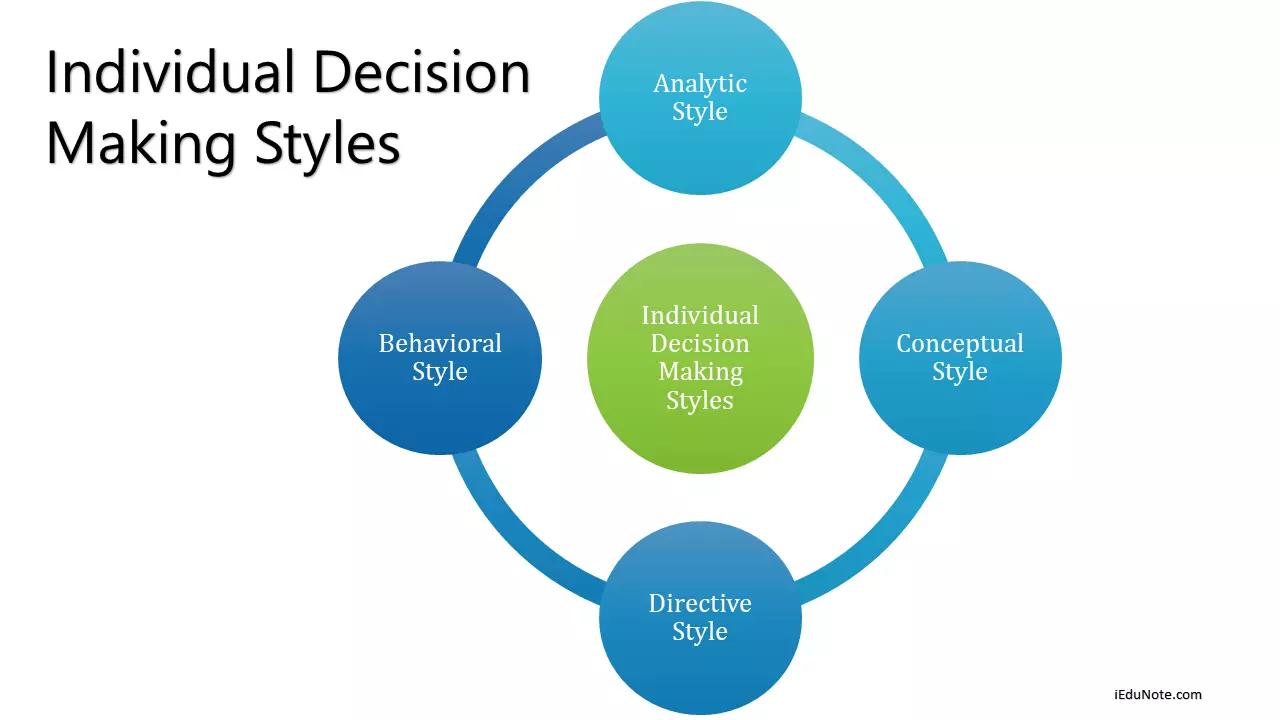Behavioral changes: how to spot them and what to do
Noticing someone acting out of character is unsettling. A slow shift in energy, sudden anger, or withdrawing from friends can mean stress — or it can point to something medical. This page helps you tell the difference, gives clear signs to watch for, and outlines steps you can take right away.
Common signs and real examples
Behavioral change can be subtle or dramatic. Watch for changes that last more than a week or that affect daily life. Examples you might recognize: losing interest in hobbies, sleeping much more or less, sudden appetite changes, speaking oddly or repeating phrases, new paranoia, confusion, memory slips, impulsive spending, or unusual aggression. If a normally calm person becomes hostile or a social person suddenly isolates, that’s worth checking.
Small shifts matter. For example, a parent who used to help with homework now forgets appointments, or a partner who always slept well starts waking up at 3 a.m. Those are signals, not conclusions.
Most likely causes to consider
Start with simple, common causes before assuming the worst. Tiredness, poor sleep, heavy alcohol or energy drink use, or big life stress can change behavior fast. Medications are another big cause — antidepressants, steroids, antipsychotics, some pain meds, even common cold medicines can change mood or focus. Medical issues like infections, thyroid problems, low blood sugar, or dehydration also show up as behavior shifts. Don’t forget mental health conditions such as depression, anxiety, bipolar disorder, or early dementia. Each has different clues, but all can look similar at first.
Age matters. In kids, behavioral change could be ADHD, sleep problems, or bullying. In older adults, new confusion or personality change may point to infection, medication side effects, or neurodegenerative disease.
What you can do right now
First, make a short, dated note of what you saw: what changed, when it started, and any new medicines or stressors. That simple record helps clinicians. If the person is on medication, check for recent starts, dose changes, or new supplements and tell the prescriber. Ask direct, calm questions: “When did you notice this?” or “Have you started any new pills or drinks?”
If safety is a concern — threats of harm, reckless driving, severe confusion, or not eating/drinking — seek help immediately. Call emergency services or go to the nearest urgent care. For non-urgent but worrying changes, book a primary care or psychiatric appointment and bring your notes, a current medication list, and any recent lab results.
How to prepare for a medical visit
Bring a timeline, list of meds (including doses and supplements), and examples of behavior. Ask the clinician to review medications first and to check basic labs (blood sugar, thyroid, electrolytes). If mental health conditions are possible, ask about a referral to a psychiatrist or psychologist. Family history of mood disorders or dementia is also useful to share.
Act early. Behavioral change often responds well when caught quickly — by adjusting meds, treating infections, or starting counseling. You don’t have to guess alone; clear notes and a calm conversation with a provider go a long way.

Strategies for Managing Dementia-Related Behavioral Changes
In my recent blog post, I discussed various strategies for managing dementia-related behavioral changes. I emphasized the importance of understanding the triggers behind these changes, and how creating a stable daily routine can make a significant difference. I also covered the role of communication, both verbal and non-verbal, in addressing and preventing episodes of agitation or confusion. Additionally, I touched upon environmental modifications and the need for caregivers to practice self-care and seek support. Overall, my post aims to equip readers with practical tips to better navigate the challenges of dementia care.
